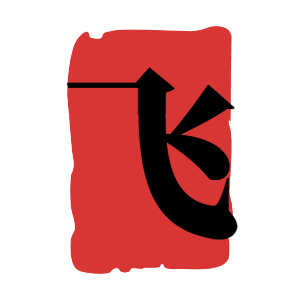搞懂be qualified for和with的用法差别超简单
"Be qualified for" 和 "with" 在英语中的用法确实有些不同,但理解起来并不复杂。首先,"be qualified for" 通常用来表示一个人或事物具备完成某项任务或职位所需的技能、知识或资格。例如,"She is qualified for the job because she has the necessary experience." 这句话表明她因为拥有必要的经验而适合这份工作。
另一方面,"with" 通常用来表示与某事物一起存在或伴随的元素或条件。例如,"He completed the project with the help of his team." 这句话意味着他在团队的帮助下完成了项目。
简单来说,"be qualified for" 关注的是资格和能力,而 "with" 关注的是伴随的元素或条件。通过理解这两个短语的基本含义和用法,你可以更准确地使用它们来描述不同的情况。

